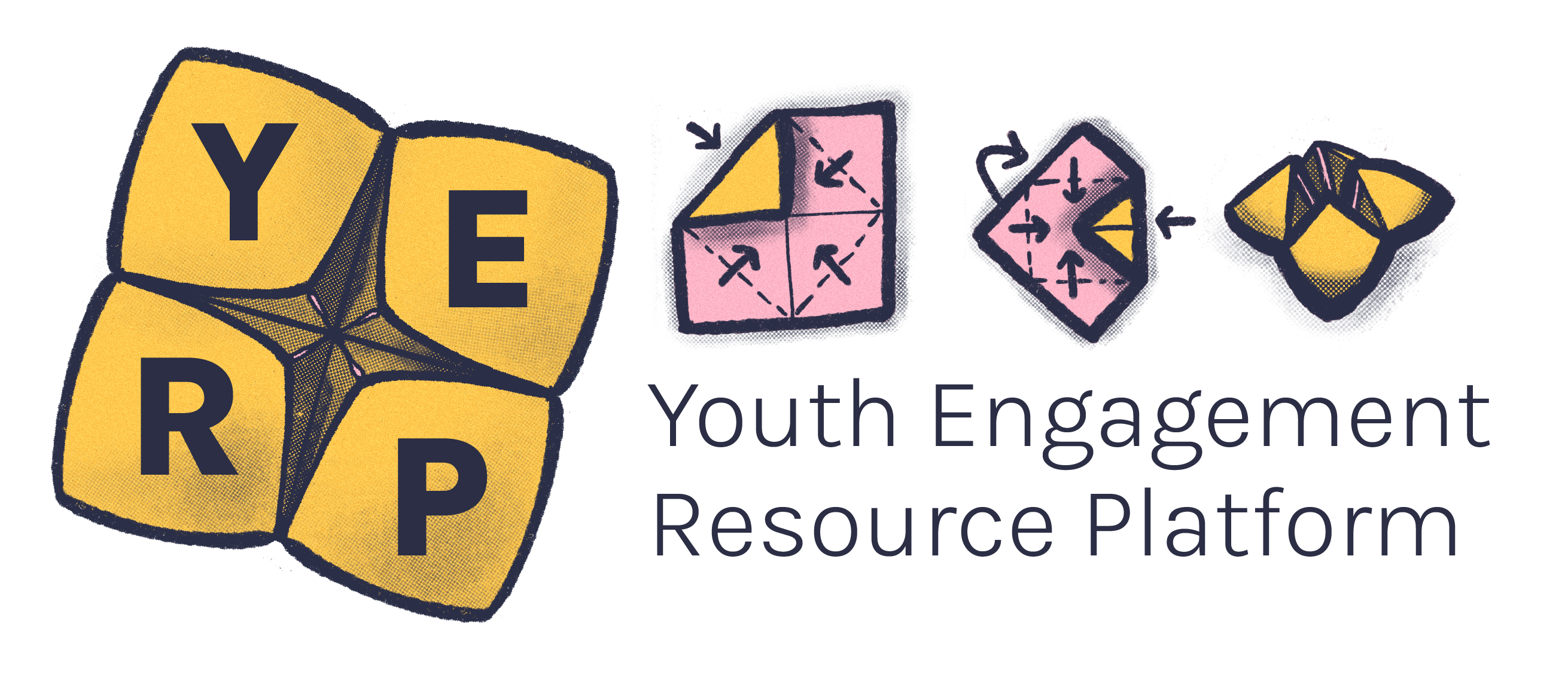Public speaking skills can enhance your ability to facilitate group discussions and workshops effectively. Both rely strongly on communication, audience awareness, and adaptability to achieve the groups objectives.
Public speaking is as it sounds: talking to people in a public setting.
It's the act of performing a speech in front of a live audience, usually done through speeches, presentations, running workshops and programs or through advocacy.
But, public speaking doesn’t necessarily have to happen in front of a crowd, it can be done online and to a small group of people.
Facilitation is a form of public speaking.
It’s about guiding conversation, getting people thinking, and is generally more interactive than traditional public speaking.
[Slow music]
Kano: Do you want to become better at facilitation and public speaking? Here's how
Number one, show up with confidence and authentic energy.
We all get nervous but as I like to do, fake it til you make it.
Number two, be open minded, empathetic and create an accessible and inclusive space for everyone.
Number three, know your audience.
If you share content that will connect with them, that will resonate with them, you'll connect on a deeper level and they will understand you, much much better.
Number four, actively listen to people.
If you're listening to someone, make sure your body language is not like this and you're paying attention to them and you're listening to what they're saying.
Maybe towards the end you can offer a little bit of feedback.
Practice makes perfect and the thing is, the more you have a go at these kind of opportunities, the better that you get out of it.
Learn more about facilitation and public speaking by reading the full web page.
When engaging in public speaking you should actively watch for your audience’s reactions and body language responses to what you’re saying.
This is a crucial part of facilitation too, where you should be actively listening to your participants as you guide discussions. You may need to be flexible and adapt the content you’re delivering depending on the responses you get.
What can really enhance your facilitation is creating engaging content and programs. Workshops that are interesting, that have a great mix of presentations and interactive activities, plenty of breaks and fun ice-breakers can make all the difference.
Check out YACVic training on how to run engaging workshops.
-
Guides group discussion effectively.
-
Is engaging, open-minded and respectful of everyone in the room.
-
Works in a variety of spaces. From delivering quality trainings to young people and youth workers, to running meetings and consultations.
-
Holds space for everyone to feel comfortable to share their thoughts.
-
Fosters meaningful conversations where both the facilitator and participant can learn and ask questions.
-
Adapts, keeps the conversation on track while allowing participants to explore concepts and topics.
-
Confidence, authenticity and safe sharing of lived experience
-
Engaging energy that uses humour appropriately
-
Knowing the purpose of the session, remembering that facilitators aren’t teachers
-
Asks open questions
-
Active listener
-
Open-mindedness and respect
-
Empathy for all participants
-
Creation of accessible and inclusive spaces
-
Adaptability and flexibility
-
Problem solving and not letting mistakes derail you
-
Self-awareness, self-compassion, self-care
-
Creativity and innovation
Remember that facilitation is an evolving skill. Continuous practice and learning is key to becoming a great facilitator.
Even the most experienced public speakers get nervous. Below are some tips to help you feel more confident when public speaking.
Know your audience
Research your audience’s interests, passions, level of knowledge, and tailor your key messages accordingly. This helps your audience connect with you on a personal level.
When facilitating, knowing your participants backgrounds, goals, and levels of experience is essential. It allows you to design appropriate activities and discussions that resonate with your participants.
Do your research
Ensure you know your topic inside and out.
Try not to read your speech unless you have to.
It’s not a bad thing to glance at a written copy of your speech every now and then. This can also provide a micro break for your audience to reflect on what you have just said.
Keep it interesting and engaging
Let your personality come through in your speech. Be yourself – your audience will be more likely to trust what you have to say.
Use humour where appropriate, share stories, be sincere and speak with conviction.
Don’t be scared of nerves!
Nerves aren’t necessarily a negative thing. They’re normal and most people experience those nervous reactions like a pounding heart and trembling hands.
Some nerves can be good and get you ready for a great performance so don’t associate these feelings with the sense that you’ll perform poorly.
The best way to tackle nerves is to prepare and trust yourself – you’ve got this!
Tap into nonverbal communication
Nonverbal communication can really carry a message and a good delivery doesn’t always call attention to itself. Instead, it conveys the speaker’s ideas clearly and without distraction.
If you’re able to, use your hands to gesture your message and your voice to convey emotion. Try not to speak in a monotone voice.
-
La Trobe University. (n.d). 5 public speaking tips to persuade any audience. https://www.latrobe.edu.au/nest/5-public-speaking-tips-to-persuade-any-audience/
-
North, M. (17 March 2020). 10 Tips for Improving Your Public Speaking Skills. Harvard Division of Continuing Education. https://professional.dce.harvard.edu/blog/10-tips-for-improving-your-public-speaking-skills/
-
Workshopped. (n.d). 8 Essential Skills of an Effective Facilitator (and How to Improve Them!). https://www.workshopper.com/post/facilitation-skills





